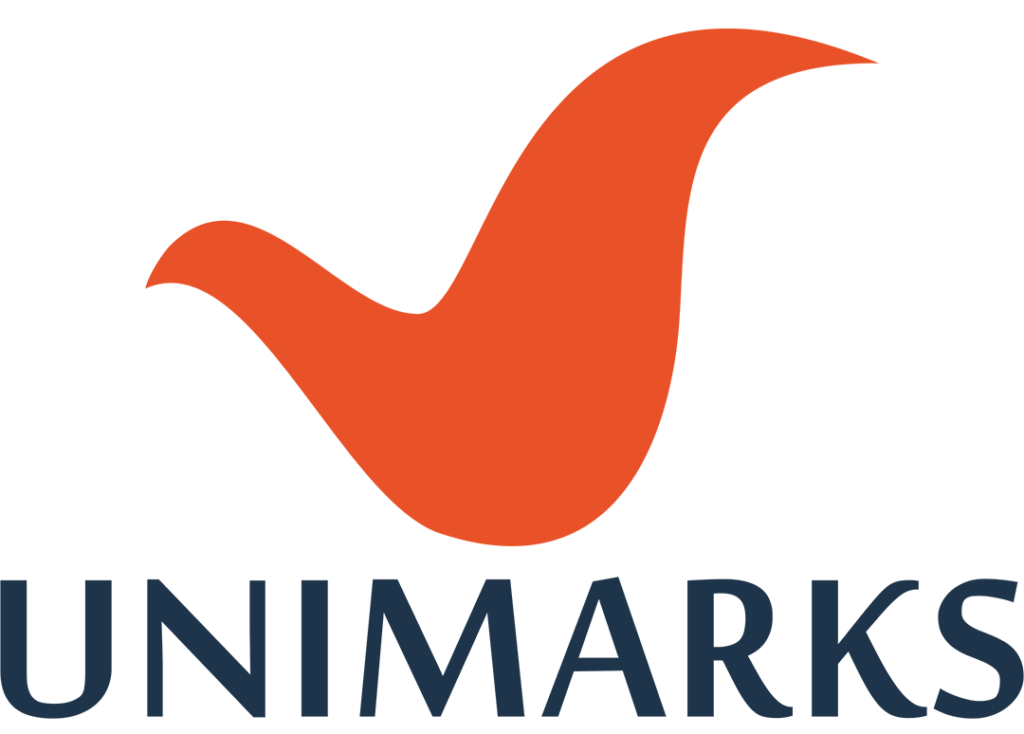In trademark cases, bad-faith adoption and obvious confusion can trump a defendant’s “you slept on your rights” argument. The Bombay High Court’s Parachute v. Cocoplus order says delay alone, without acquiescence is no defence, and the Supreme Court’s Midas Hygiene principle still rules: where infringement is prima facie clear, injunctions should ordinarily follow, regardless of delay. The recent Mumbai IPD in SOCIAL v Social Tribe sets a precedent that delay in filing the trademark case is not considered a valid ground. Let us examine the reasons and methods by which a litigant or legal practitioner can leverage this in trademark legal proceedings in India.
Why this matters (for founders, owners, litigators)
- Don’t self-disqualify just because months (or even years) have passed. If the rival’s adoption looks dishonest and the get-up/mark confuses at first glance, courts still grant interim restraints.
- Know the boundary: Delay ≠ acquiescence. Acquiescence needs positive encouragement or conduct that misleads the defendant—not mere inaction.
- Push process fidelity: Judges expect reasoned, evidence-based orders; where the case is arguable, they may even prefer advertise-before-acceptance (s.20(1) proviso) at the Registry stage rather than killing a mark on a form paragraph. (See the Yamaha “WR” ruling for that procedural path.)
Also Read : Fake Evidences in Court Can Ruin Your Case (and Your Business Reputation)
The anchor cases (reasoning first, result next)
1) Marico (Parachute) v. Zee Hygiene (Cocoplus) — Delay alone is no defence
Reasoning: The Court assessed overall get-up (blue bottle, bottle contours, label layout) and found prima facie imitation. On delay, it held that mere delay, absent acquiescence, doesn’t bar interim relief—especially where the adoption isn’t honest and confusion risks are high. Market reality and side-by-side similarity dominated.
Conclusion: Interim injunction restraining Cocoplus from using deceptively similar packaging/trade dress (with a short stay to enable appeal).
Also Read: Parachute v. Cocoplus: The Case o Look-Alike Bottles and the Deceptively Similar Trade Dress
2) Midas Hygiene v. Sudhir Bhatia (SC) — The classic rule on delay
Reasoning: The Supreme Court held that where infringement/passing off is prima facie established, injunction should ordinarily be granted. Delay does not defeat relief, particularly where the defendant shows dishonesty. Courts must protect consumers and goodwill first.
Conclusion: Injunctions can and should issue despite delay when copying is evident.
3) Impresario (SOCIAL) v. Social Tribe — Swift restraint despite procedural headwinds
Reasoning: The defendant wholly adopted the core SOCIAL mark, added a “TRIBE” suffix, used a similar pink–orange–yellow palette, and offered identical services in the same city. Even if a plaintiff appears “late” to court, brazen adoption + identical services tilt the balance of convenience hard. (Here, the defendant didn’t even appear despite service.)
Conclusion: Interim injunction restraining use of “SOCIAL” and deceptively similar marks in name/label/theme.
Also Read : E-Commerce Platform Liability Demystified: Safe-Harbor Limits and Platform Control Post-Lifestyle Equities
What courts weigh when “delay” is pleaded (and how to present it)
| Factor | Court’s lens | Arguments |
|---|---|---|
| Honesty of adoption | Was the subsequent adopter trying to ride on plaintiff’s goodwill? | Show overall similarity (get-up, colourway, layout); call out deviation from own registrations to edge toward plaintiff. (Parachute/Cocoplus.) |
| Acquiescence vs. mere delay | Did plaintiff encourage or mislead defendant by positive acts? | Argue no positive encouragement; cite authorities that delay alone ≠ acquiescence. |
| Consumer confusion risk | First-glance confusion and harm to goodwill | Use same-scale, side-by-side exhibits; spotlight identical services/city. (SOCIAL.) |
| Public interest | Preventing deception is paramount | Anchor with Midas Hygiene: if infringement is clear, injunction ordinarily follows, delay notwithstanding. |
Flowchart — Turning a “late start” into a winning injunction
Collect market proof → Document timeline → Neutralise acquiescence → Press the triad → Seek targeted relief
- Market proof: Shelf photos, app/listing screenshots, store videos; put them into clean comparison boards. (Parachute, SOCIAL show this wins hearings.)
- Timeline: Acknowledge delay honestly; show trigger point (when copying became clear, when confusion surfaced).
- Neutralise acquiescence: Record objections/cease-and-desist sent earlier (even if sporadic) to rebut “encouragement”.
- Triad for interim relief: (i) prima facie infringement/passing off, (ii) irreparable harm to goodwill, (iii) balance of convenience. Use Midas Hygiene language on delay.
- Targeted prayers: Restraint on use in name/label/theme, online & offline; if piracy is blatant, consider Receiver/search-and-seizure (see Prince Pipes).
Also Read : Beating “Descriptive Use”: Five Packaging Mistakes That Hand Plaintiffs a Win
Checklist — Draft like you expect a “delay” attack
- Comparison boards that scream first-glance similarity (pack, palette, bottle shape/contours, layout). (Parachute/Cocoplus.)
- Affidavit on honesty—yours—and dishonesty—theirs: highlight drift from their own registration toward your get-up.
- No-acquiescence record: Put earlier objections or market monitoring on paper; explain gaps without spin.
- Authority pack: Midas Hygiene extracts on delay; recent Bombay HC paragraphs from Parachute confirming delay alone is not a defence.
- Relief design: If goods are moving fast or counterfeits suspected, add Receiver/search-and-seizure to prayers (like Prince Pipes).
Sparring-partner skeptic check
- “But the plaintiff slept—equity aids the vigilant.” True in the abstract. But trademark also protects consumers; Midas says when copying is clear, injunction ordinarily follows. Equity does not favour a dishonest adopter.
- “Isn’t delay always fatal in fast-moving markets?” Not if acquiescence is missing and confusion is obvious. Parachute expressly discounted bare delay.
- “Suffixes/prefixes cure confusion.” Not when the core is adopted wholesale (SOCIAL/TRIBE). Courts look at overall impression, not nit-picky differences.
Also Read : Trademark Opposition Notice: Burden of Proof of Delivery- Madras High Court Landmark Judgement
About the Author
Suresh Kumar, Advocate, is the Managing Attorney at Unimarks Legal Solutions, Chennai. Practising since 2008, he focuses on trademark infringement and passing off, appeals from the Registrar, rectification, and online/platform enforcement before the Madras High Court (IPD), Commercial Courts, and District Courts across Tamil Nadu. His practice is courtroom-first, grounded in robust pleadings, evidence discipline, and post-order enforcement. He frequently speaks on IP law at industrial forums and universities and is associated with SICCI, CII, and the Tamil Nadu Chamber of Commerce.
This article is for information and education. It is not legal advice, does not create a lawyer–client relationship, and avoids case-specific recommendations. Conflicts are screened per firm policy before any engagement.
Also Read : Rectification & Counterclaims: Procedural Innovations in Madras High Court IP Cases





